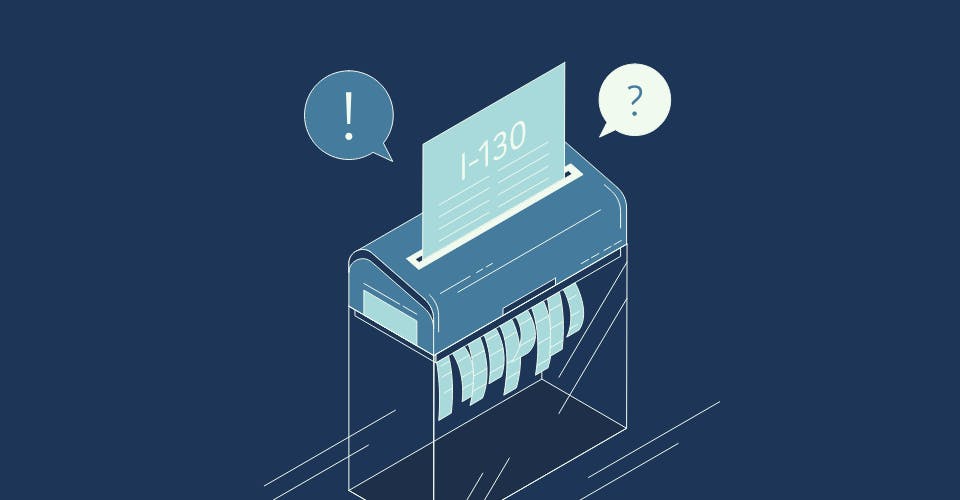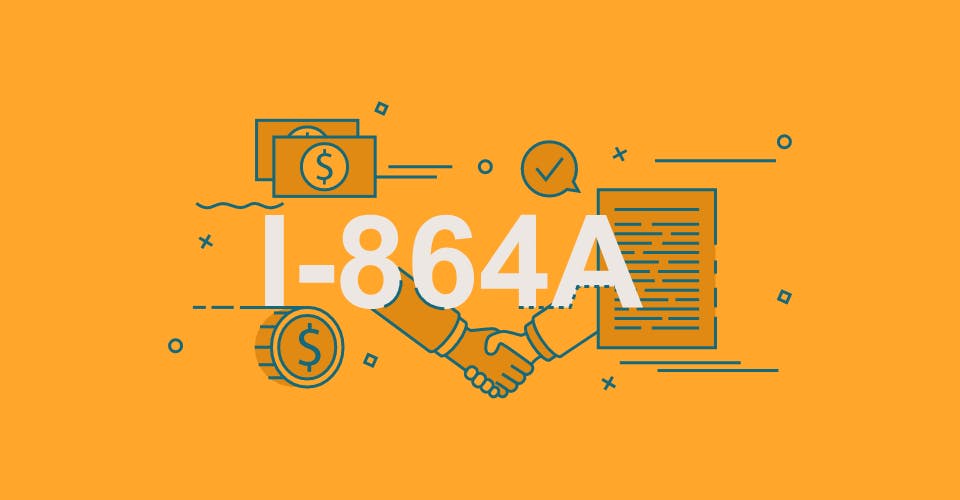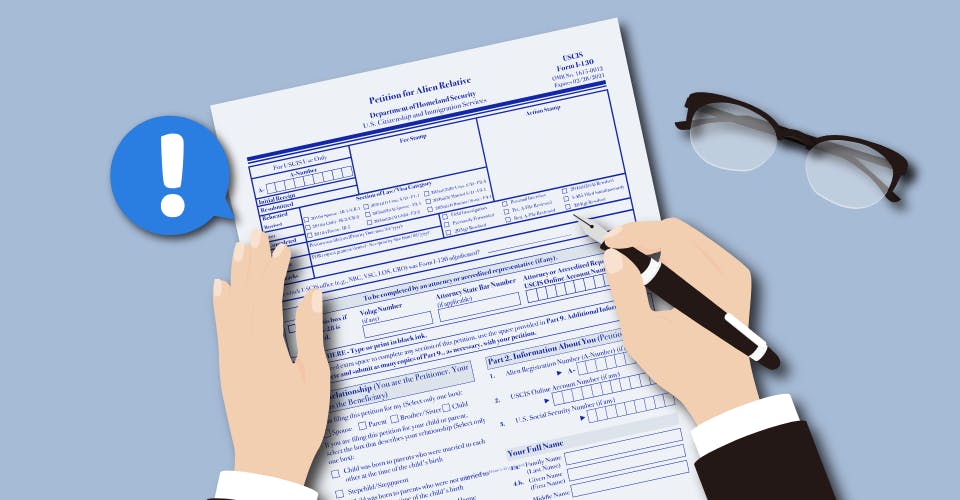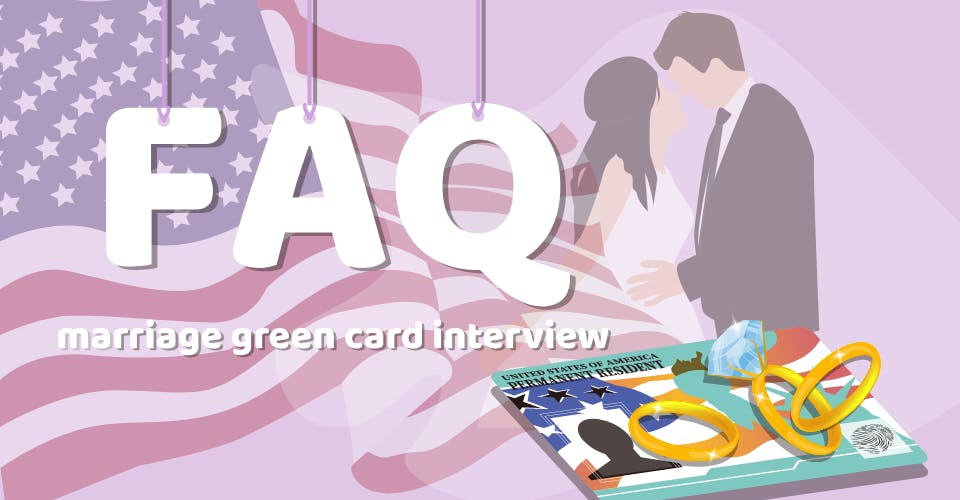There are two main types of immigration petitions—those for family based immigration and those for employment based immigration. In a previous blog, we covered what could happen, or what might need to happen, if you have to withdraw an I-140 petition for an intended immigrant employee seeking to work legally in the United States (due to a change in ones role or company they would be working for). In addition, there is also the case where an I-130 can be withdrawn, which corresponds to family based immigration and the petitioner writing a letter to the USCIS.
In most cases, if an I-130 is withdrawn by the sponsor before the USCIS has finished adjudicating the case, it will be dropped and the immigrant will unfortunately have to start from scratch. However, in some cases, such as those who are VAWA self-petitioners, can file an I-360 if their spouse decides to ends the petition. We will cover what this scenario looks like.
How Long does it take to Withdraw I-130?
Once a petitioner sends their written statement to the USCIS about withdrawing the application on behalf of their beneficiary, it takes the agency on average 1-3 months to process the withdrawal and send a formal decision letter back to the respective family. Applicants should note that there is no standard processing time for this procedure as you are technically not “filing” any new application. Therefore you will be unable to check the usual USCIS processing times link or file a G-1145 with this letter.
What Happens if you Declare VAWA Status?
In some cases, a spouse might cancel an immigrant petition on behalf of their partner as an abusive practice. Although this is not the norm, it does happen, and immigration lawyers have seen cases where the intended beneficiary can go on and self-petition themselves for a green card. In such an example, the VAWA was enacted by Congress in order to cut the original petitioner out of the picture and allow the spouse and/or battered children apply for permanent residence on their own. This is done through the completion of the I-360 (instead of I-130).
Regardless, the VAWA self-petitioner now needs to show the USCIS a good amount of evidence in order to have their temporary status approved:
- Documents proving their current or existing status in the U.S. (EWIs will be denied)
- Evidence of their abusers status, documentation to back up claims
- Proof of relationship and good faith marriage before abuse was taking place
- Proof of taking up residence with abuser, and current U.S. residence
- Evidence of otherwise good moral character
For those who are caught in the VAWA process, it is important to know that when the USCIS does send you an I-797 with your VAWA status, this does not mean that you are now a legal resident of the U.S. Rather, beneficiaries will now have to wait for a priority date to see when they can secure an immigrant visa. This follows the long queues based on what category you are filing under. Luckily, however, the U.S. government is lenient on VAWA recipients, and those who have been granted this status will most likely not have to leave the U.S. to await their visa interview at a U.S. consulate. Instead, they will be placed in a “deferred action” status, and can apply for an EAD in the meantime.














